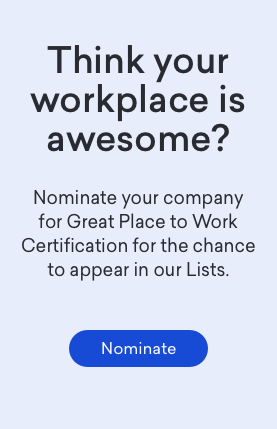Introducing Dialogue into the Workplace
Is it dialogue, discussion, or is it debate? There is a difference, and each has its own value. Do you know the difference? Would you recognize dialogue if you heard it in your workplace?
To guide you through this question I would first like to distinguish dialogue from the other common forms of communication—debate and discussion. Debate is combative and seeks to be victorious; it wants to express itself and say it is better than you. Discussion can be described as debate trying to play nice. Much like debate, it is interested in advocating its view points and challenging those of others.
Dialogue, on the other hand, seeks to find a shared connection. It is not concerned with winning or losing, rather it aspires to listen more deeply, understand more fully, and build a collective point of view. When the diversity of personality and opinion present moments of conflict and tension, dialogue steps in and mediates the conversation back to a renewed sense of connection.
A great workplace fosters dialogue and encourages a diverse perspective. After all, these are the very elements that lead to growth and innovation. The issue being raised here today rests in the assumption that dialogue is rather anemic in organizations, and I would contend that if it is practiced so little, it is because it is understood so little. Let’s explore some of the principles that make dialogue so valuable in a workplace. As one engages in dialogue, it is asked that they:
-Suspend Judgment
-Listen
-Inquire
-Explore Assumptions
When we suspend our judgment, we temporarily silence our thoughts and open our capacity to engage as listeners. Greater inquiry into others' viewpoints help us better understand those we work alongside and affords us the opportunity to adopt new ways of thinking. When we explore our assumptions, we encounter unchallenged ideas, unchecked biases, and patterns of thought that influence, and possibly inhibit, our workplace engagement.
Dialogue is also, however, a very challenging undertaking. Becoming aware of personal assumptions is tough work. It places us in a position of measuring the consistency between our words and our actions, and realizing that their alignment may not be as linear as we believe. Inevitably, the practice of dialogue asks us to consider that our opinions are not always correct, and that, in fact, others may have more effective methods for approaching situations. Doing this is neither natural nor cathartic, but growth is rarely comforting.
So, I will ask again, would you recognize dialogue if you heard it?
Joseph Alonzo recently graduated Saybrook University with a Master's degree in Organizational Development and is a guest blogger for Great Place to Work®.
Read Joseph's follow up blog on Cultural Patterns of Communication, a model for increasing dialogue in any workplace culture.











